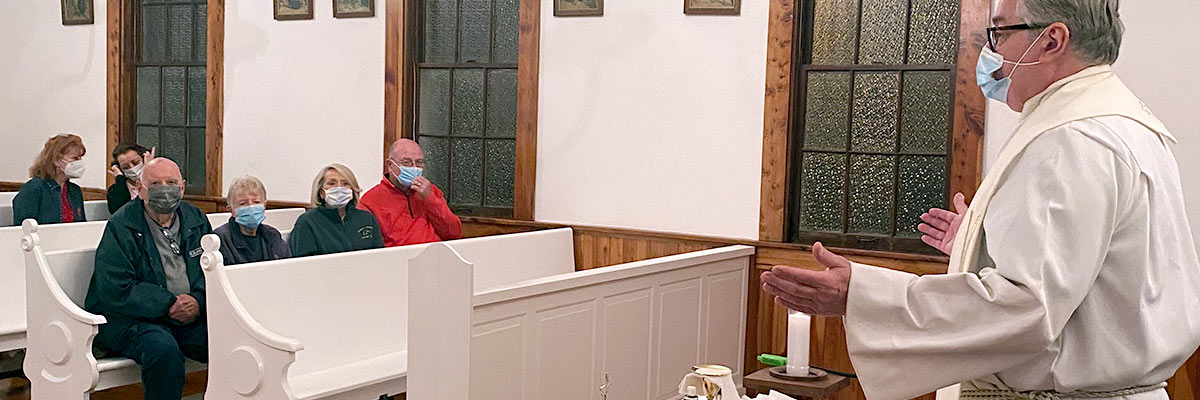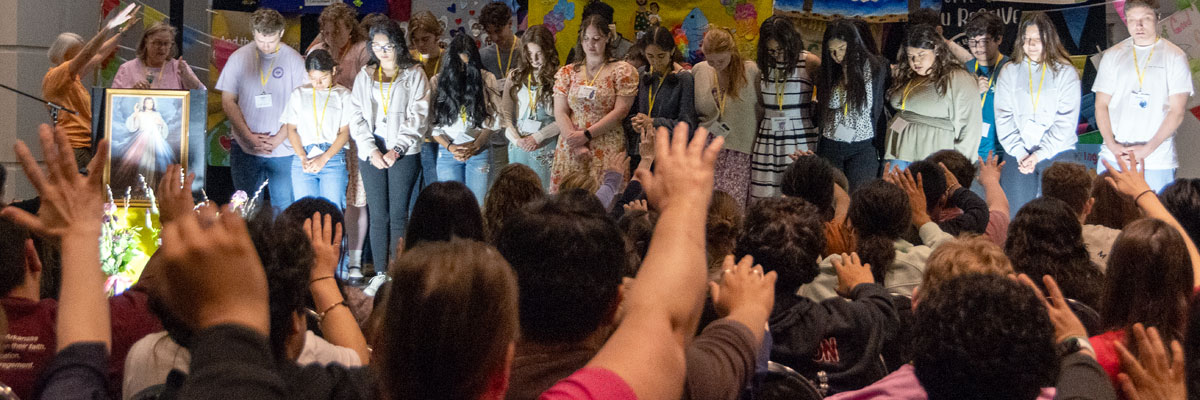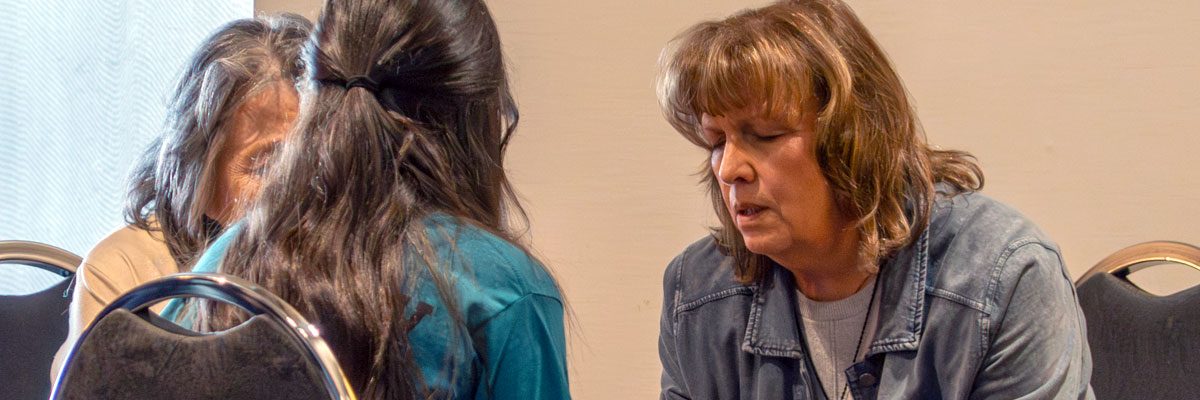Official Website of the
Catholic Diocese of Little Rock
Through baptism all are united in the royal priesthood of Jesus Christ
Published: August 11, 2007
By Msgr. Richard Oswald
In an address to the clergy of Rome in February 1997, Pope John Paul II said, “To be a true help to young people and to all involved in the mission of the Church, and to live fully our own priesthood, it is essential to always to put Jesus at the center of our efforts. St. Cyprian rightly said that the Christian, every Christian, is ‘another Christ’ (“Christianus alter Christus”). But it would be even more correct to say, with the whole of our great tradition, every priest is ‘another Christ’ (“Sacerdos alter Christus”).”
His reference to St. Cyprian captures our understanding of the effects of the sacrament of baptism. Through baptism we are reborn in Christ, becoming children of God. We are bound to Christ, conformed to him and incorporated into his life, death and resurrection. Jesus said to the apostles, “I am with you always, until the end of the age” (Matthew 28:20). Though he is not visible to human eyes he remains in the Church and in each Christian.
Through baptism each of us is “another Christ.” We share in his priestly, prophetic and kingly office.
In fulfillment of our priestly office we offer service in the name of God and for the salvation of others and we participate in the Eucharist and receive the sacraments.
As prophets we witness to our faith in our daily lives. The kingly office enables us, through the power of God’s grace, to overcome sin, move beyond selfishness and establish the kingdom of God within ourselves and others.
In the words of the Catechism of the Catholic Church, “The faithful exercise their baptismal priesthood through their participation, each according to his own vocation, in Christ’s mission as priest, prophet and king.” (1546) All Christians are called to represent Christ in the world.
There is also ministerial or ordained priesthood that differs from the common priesthood of the faithful. The priest is “another Christ” in an essentially different way. Although the phrase “alter Christus” has a long tradition, it is not used in the documents of the Church.
The catechism speaks rather of the priest acting “in persona ipsius Christi,” in the person of Christ himself. Through the ordained priest, Christ is present to lead, teach and care for his Church. Ordination confers the authority to act in the person of Christ. This is preeminently clear to us in the celebration of the Eucharist when, through the ordained priest, Christ gathers the Church to offer thanksgiving and praise to the Father and offers himself and his body, the Church, in sacrifice to the Father and gives himself to us in holy Communion.
Through the sacrament of holy orders, he makes his redemptive sacrifice present to us and offers us his body and blood. When the priest speaks it is Christ who prays. The ordained priest shares the priesthood of Christ in a unique way.
However, we must take care to avoid seeing holy orders as a special state of holiness that separates ordained ministers from the laity or elevates them to a state above the laity.
Priesthood is first and foremost a ministry of humble service and should serve to make the faithful aware of the common priesthood shared by all.
St. Augustine understood this well. He said, “I am bishop for you. I am Christian with you.”
Through baptism all of us are called to holiness. Through the priesthood we all share and through ordained priests — those called to holy orders — Christ sanctifies his Church.
Msgr. Richard Oswald is pastor of Immaculate Conception Church in Fort Smith.









